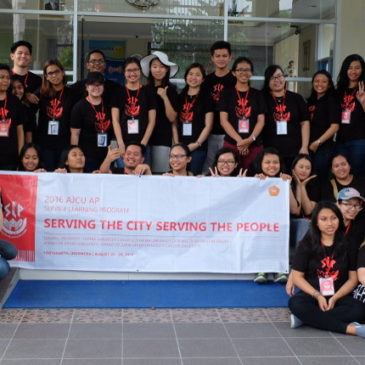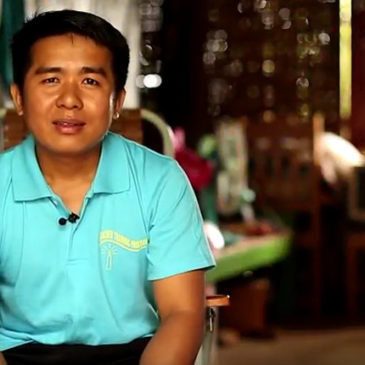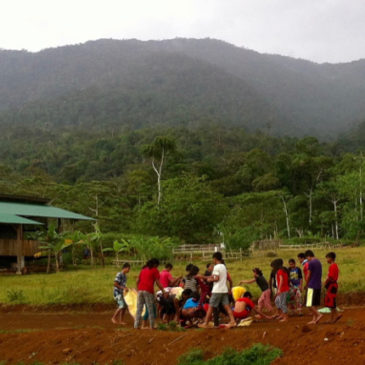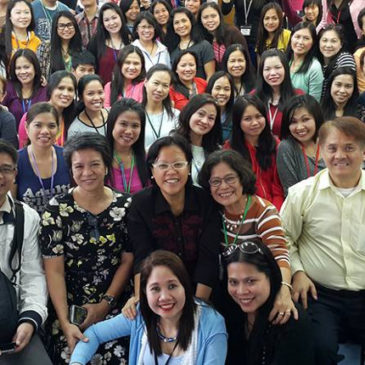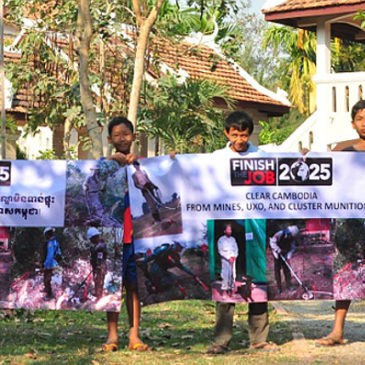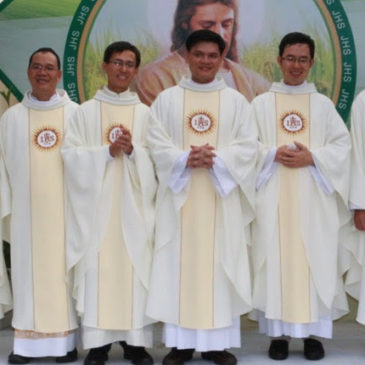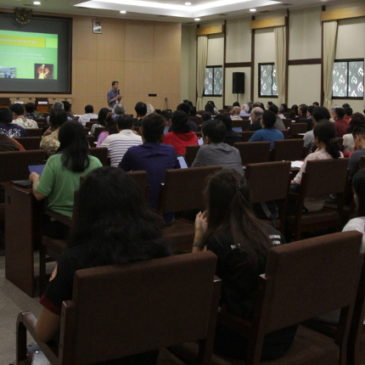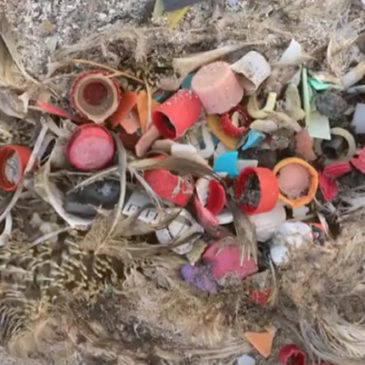Serving the City, Serving the People
Thirty-eight students from Jesuit universities in four Asian countries gathered in Yogyakarta, Indonesia for this year’s Service Learning Programme (SLP), hosted by Sanata Dharma University. The theme this year – Serving the City, Serving the People: Developing Youth Social Movement within the Urban Communities – was inspired by a growing concern that city development is happening without citizen involvement.
The programme employed the Ignatian Pedagogy Framework of Context-Experience-Reflection-Action-Evaluation.


